Social justice matters
In March 2019, I was honored with the “Dr. Judy Lewis Counselors for Social Justice” award from the American Counseling Association. This recognition was and still is both humbling and deeply meaningful. Dr. Lewis was an incredible visionary for social justice advocacy in the counseling profession.
I have to acknowledge that this feels weird for me to write about. But I’m going to swallow my discomfort with talking about an award and focus on sharing why my work matters to me.
American Counseling Association 2019 Conference in New Orleans.
But first, let’s level on some things…
I am protected by layers of privilege in many ways – e.g. I’m white, cisgender (I identify as the gender I was assigned at birth), financially stable, extra educated, I’m a woman married to a man, we were able to birth 3 biological children – I mean, who am I kidding, we may as well have a literal white picket fence. On top of that, I grew up in a stable home environment with family who supported me – I can see the influence of these privileges. And yet, it isn’t so simple to think of people as being “privileged” or “not.” It’s not an either/or scenario. There are intersections of my identities and experiences where I have been marginalized, exploited, disregarded, or harassed – being a woman for starters. But my heart and soul are devoted to social justice work anywhere and everywhere I can contribute. Ultimately, I believe in human dignity, equality, and inherent rights to live a happy existence. I believe in deconstructing unnecessary and society-imposed barriers to make this possible for everyone.
So, how did I find my way to LGBTQ social justice work?
I’m asked this a lot…
I first became aware of the nasty nature of prejudice when one of my close friends came out as gay and was put through the ringer by folks in a religiously affiliated campus organization that had previously been a safe place of comfort. Even though my friend had the unwavering love and support of his immediate family, the social stigma associated with being a Christian and gay was an emotional roller coaster. I supported my friend and lived vicariously through his experience. I recognized how ridiculous, unfair, and painful the backlash was.
I mean, how can people who claimed to love you (and did so “unconditionally” because of Jesus’ love) find out who you truly are and suddenly reject you? Or claim that you are misled, or ‘living in sin’?
Then to confuse the message more, I’ve heard many religious folk cushion that message by saying “but we are ALL sinners! We ALL have to repent…” etc. As if that somehow makes their judgment less judgmental. I’m sure this all makes sense in their own minds, with selective support from their doctrine of choice, but it has never made sense in mine.
I was raised in a Christian church too. In fact, my brother, two aunts, and one uncle are all ordained ministers in the Disciples of Christ denomination. None of these ministers in my family hold an ounce of judgment toward anyone who is gay or trans. In fact, they affirm gay marriages and officiate ceremonies. My aunt recently led a workshop for church parishioners on transgender issues and affirmative care.
Enter Laura Farmer in her doctoral program – I once again realize how rampant LGBTQ-prejudice is when conversing with two licensed counselors who say that they serve LGBTQ clients “but disagree with their lifestyle because it is a sin.” Mind blown. Even coming from an empathic place, I struggled to make sense of their stance.
My advice to doctoral students is generally some version of this: Find the subject area you are most passionate about, get specific, and turn it into your research. You will never get bored with it or lose steam. That’s what I did – I began studying counselors’ competence to work affirmatively with LGBTQ+ clients. My dissertation study turned into two empirical research articles and several new projects exploring genderism (bias resulting from a binary view of gender) through qualitative analysis.
Beyond my research, in the past decade I’ve started a support group for LGBTQ+ youth (Youth SAGA of Roanoke, which meets bi-monthly), spoken at transgender conferences and events, presented workshops, donated my time to Diversity Camp for LGBTQ+ youth each summer, and I’ve empowered clients and youth to live their most authentic lives and embrace who they are. This path is not easy, but it can be made easier when we gather and support each other. Most recently, I’ve been utilizing movement and contemplative practices to anchor into the body, be present with what’s there, and access intuitive wisdom.
What has been most inspiring? Witnessing and experiencing growth and interconnectivity among us as humans.
We are ALL on a journey toward living our most authentic lives and embracing who we truly are.
Perhaps that’s what this grand life experiment is all about. The beauty that I see in folks who identify as transgender and gender non-binary – who bravely take steps on their journey of self-acceptance and expression – is that it’s a more visible journey than most of us undertake. There is an incredible amount of courage involved. There is resilience beyond measure. There are daily hurdles, roadblocks, micro- and macro-aggressions. And from my view as a cisgender person, I honor these folks with deep respect and admiration.
If there is any work that I can do to help pave the path for greater self-acceptance for us all, I am in. Because I am, in fact, on my own path…it is just less visible to the outside world.
Let’s love and accept ourselves. Let’s be gentle with ourselves. And let’s treat others with kindness and dignity because we are all deserving of it.

